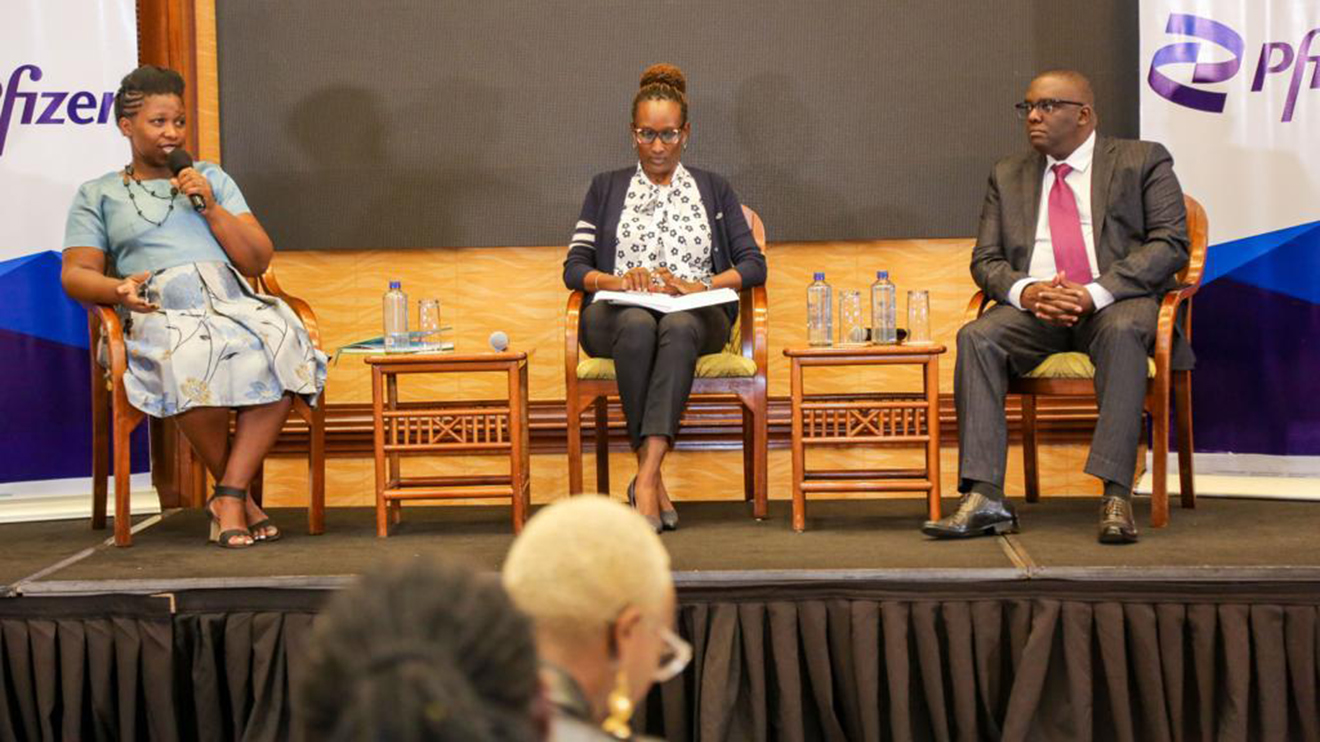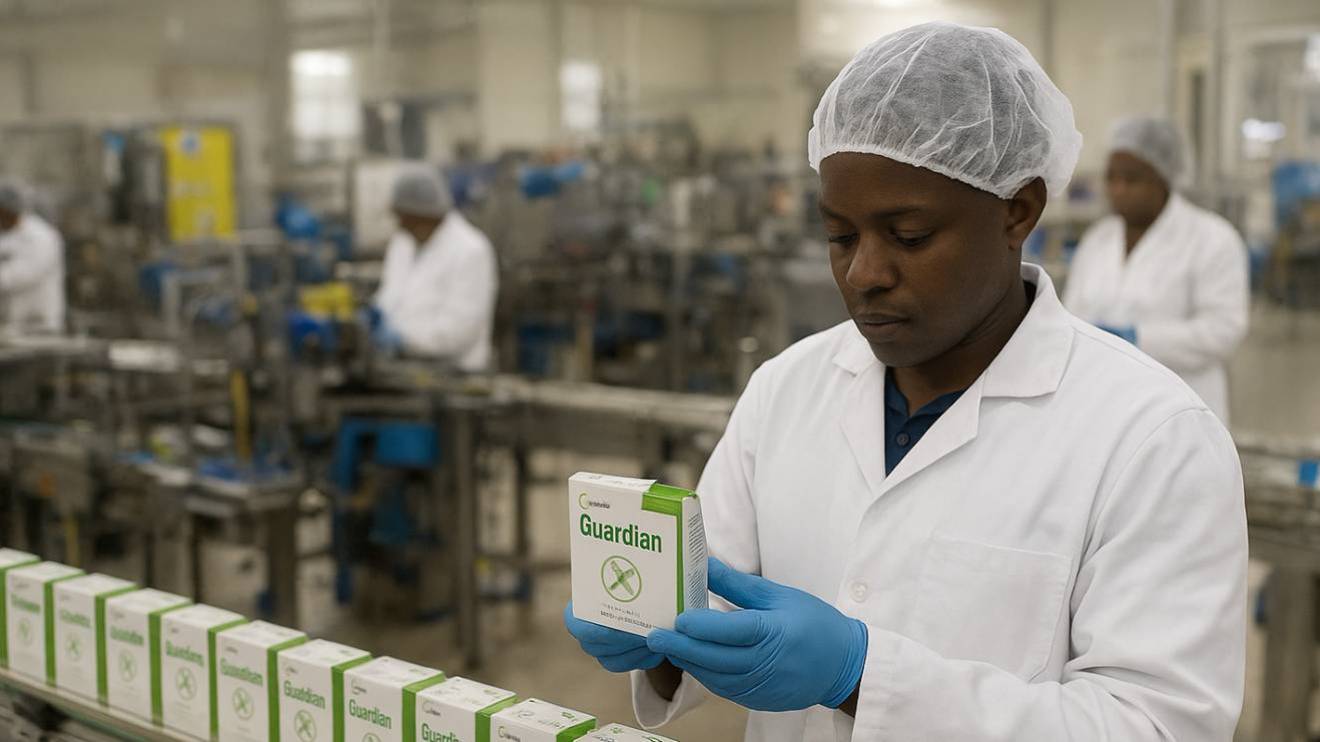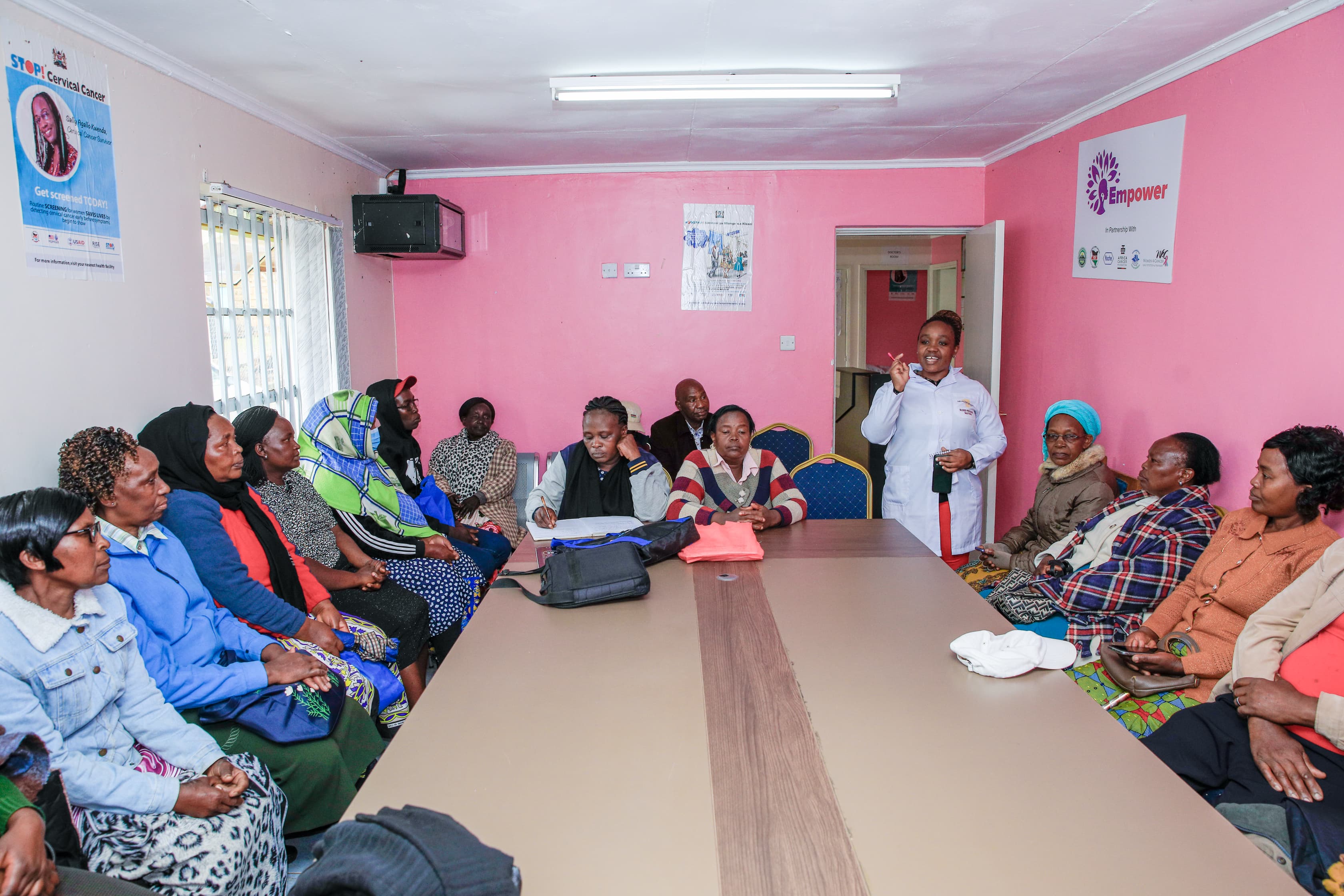Cancer patient advocacy groups have called for patients to be involved more to help shape approaches to research and treatment of cancer in Kenya.
The cancer patient advocates say this will tackle alarming hurdles in breast cancer care and management to reinforce current health policies, program planning, and healthcare delivery approaches.
Speaking during a media roundtable by Pfizer, Kenya Network of Cancer Organisations (KENCO), and Center for Public Health Development (CPHD) representatives said such moves will tame adverse effects cancer has on lives, environments and the economy.
They argue that this will also make it possible for women to access breast cancer diagnosis and treatment and also address psychological distress experienced by most cancer patients.
They also say involving cancer patients will also play key role in pursuing and implementing evidence-based solutions while informing policy makers on sustainable healthcare solutions.
Read More
“We have not yet found a way to prevent or cure all cancers, so it is vital that we are listening to people living with these diseases and supporting them with a holistic cancer care approach,” said Pfizer Oncology Medical Manager for East Africa Dr Josephine Muiru.
She added, “At Pfizer we remain committed to providing this support, from working with healthcare professionals to help them to understand the needs of people living with cancer and how to best communicate with them, to leveraging digital technology to empower them to learn about their own disease and treatment options and to improve their quality of life.”
Cancer Café Member Lucy Njeri Kariuki noted that breast cancer patient advocacy initiatives are a powerful force for development of cancer research, treatment, management and care.
“Patient advocacy also provides peer support for the affected and is key to raising awareness, reducing stigma, educating the public, influencing healthcare policy by bringing the public’s concerns about cancer to policymakers and stakeholders within the health sector,” said Njeri.
She added, “To reduce the impact and limit burden of cancer on the economy, patient advocacy should be encouraged across the country.”
Njeri noted that patient advocacy will help counties develop and maintain sustainable healthcare systems tailor-made to tackle the massive breast cancer burden in Kenya.
She says informed approaches to breast cancer research, care and management will more than halve breast cancer mortality rate, which the Ministry of Health puts at 3,107 deaths per year.
According to the 2020 GLOBOCAN Report on Global Cancer Burden, the yearly incidence of cancer was reported as 42,116 cases in 2023.
In Kenya, cancer is the third leading cause of death and the second leading cause of Non-Communicable Diseases (NCDs) deaths after cardiovascular diseases.
“Thanks to the progress made in healthcare over the recent past, breast cancer and many other cancers are no longer a death sentence. Patient advocacy should, therefore, extend into education programs so that more and more women are shielded from the psychological torture related to healthcare access,” said KENCO Director Evan Mapelu.
According to a 2020 report by the International Agency for Research on Cancer (IARC), new cases of all types of cancer rose to about 20 million worldwide, with 10 million cancer deaths reported.
The global cancer burden is projected to increase to close to 50 per cent over the next 20 years mainly due to lifestyle changes amid calls for increased access to quality healthcare services.
A 2018 survey by the World Health Organisation (WHO) found that at least 1 million Kenyans are pushed into poverty as a result of out-of-the-pocket health expenditures.












